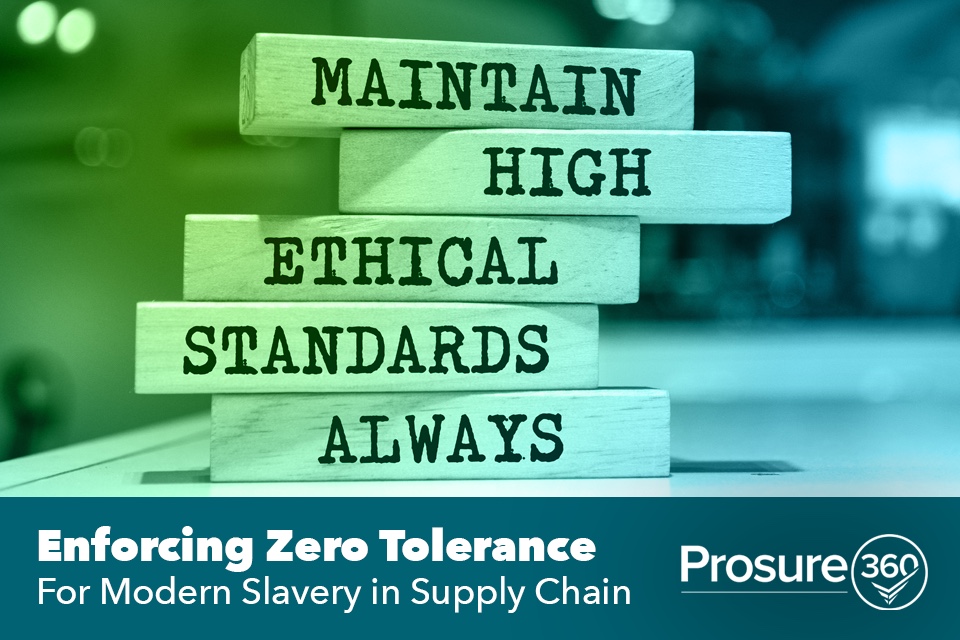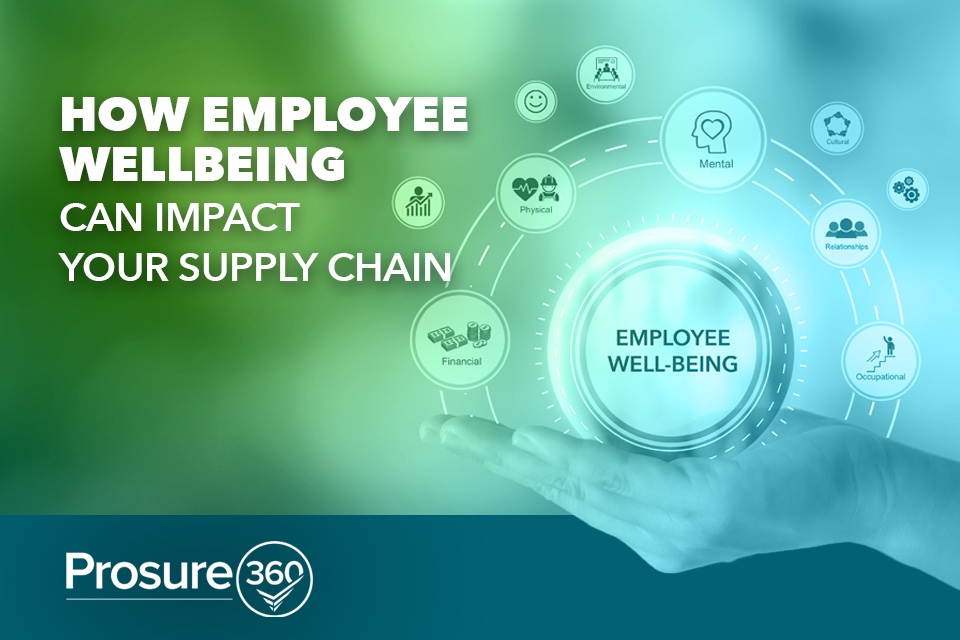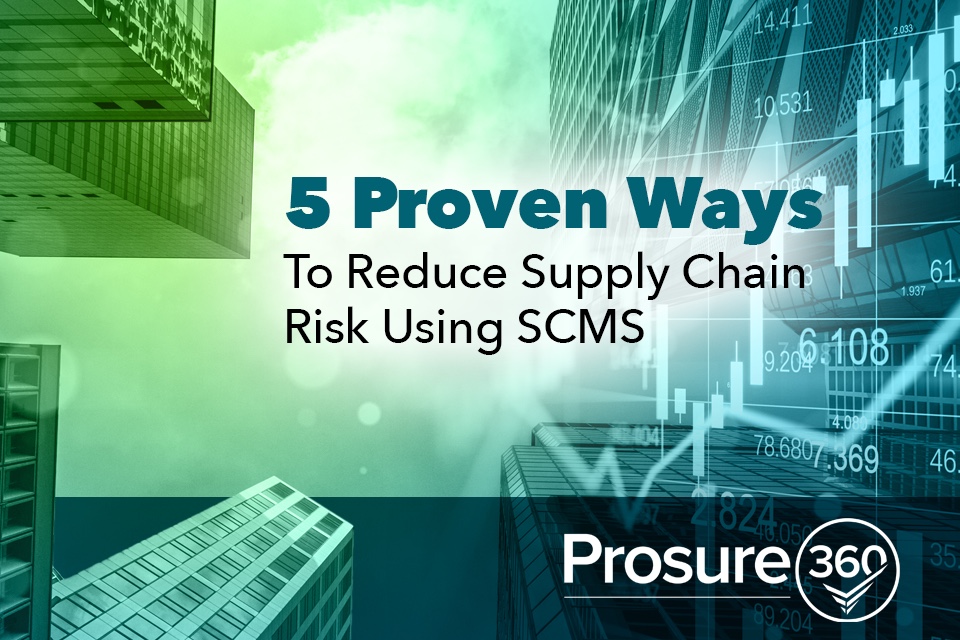By Prosure360
It’s a sad truth that in today’s world, where supply chains span across continents, a disturbing reality lurks beneath the surface – the exploitation of human beings through modern slavery.
According to The Global Slavery Index 2023, it is estimated that around 122,000 people are in situations of modern slavery. This insidious practice not only violates fundamental human rights but also poses a significant threat to businesses’ reputations and ethical standing.
It goes without saying that any businesses associated with modern slavery will seriously damage their professional reputation, as well as losing clients and investors.
WHAT IS MODERN SLAVERY?
Modern slavery encompasses various forms of exploitation, including forced labour, human trafficking, debt bondage, and child labour. It strips individuals of their freedom, dignity, and basic human rights, subjecting them to inhumane conditions and often physical and psychological abuse.
From July to September 2023, 4,138 potential victims of modern slavery were referred to the Home Office, representing a 4% increase compared to the previous quarter.
THE BUSINESS CASE FOR ZERO TOLERANCE
Implementing a zero-tolerance policy towards modern slavery is not only an ethical imperative but also a strategic business decision. Companies that proactively address this issue can enhance their brand reputation, build consumer trust, and mitigate legal and financial risks.
By ensuring that suppliers and contractors adhere to ethical labour practices, businesses can foster a more sustainable and responsible supply chain, aligning with the growing demand for socially conscious and ethical business practices.
TAKING ACTION: ENSURING COMPLIANCE AND ETHICAL PRACTICES
To combat modern slavery in supply chains, businesses must take proactive measures:
CONDUCT THOROUGH DUE DILIGENCE
ESTABLISH CLEAR POLICIES AND CODES OF CONDUCT
PROVIDE TRAINING AND AWARENESS
COLLABORATE AND ENGAGE
IMPLEMENT MONITORING AND AUDITING SYSTEMS
Prosure360 offers total visibility of your suppliers’ insurances, professional memberships, and financial status. This means that you can easily monitor and report on supplier performance, ensuring compliance and enabling informed decision-making.
By taking these steps, businesses can not only mitigate risks but also contribute to the global effort to eradicate modern slavery and promote ethical and sustainable business practices.
Read this article in full here.







